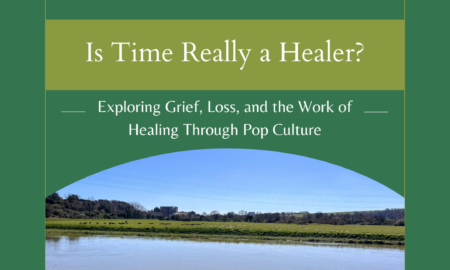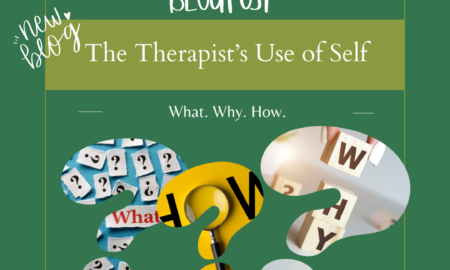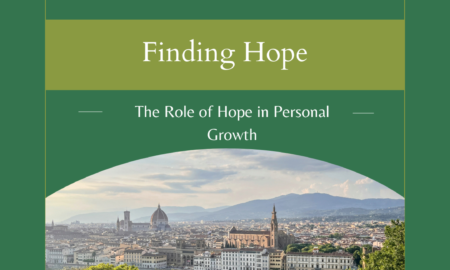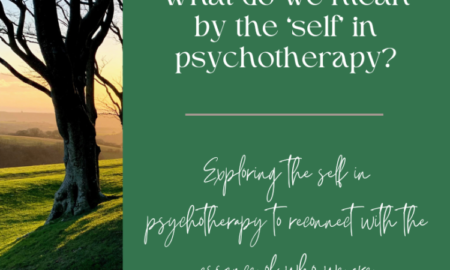Phobias
A phobia is an irrational or extreme fear of something. It may be a debilitating and overwhelming feeling that has an impact on your day to day life. Phobias are a type of anxiety disorder and issues can be triggered by a particular situation or thing. Phobias can sometimes originate in childhood but not always. There may not be an obvious cause or even rational reason for a phobia which often makes them difficult to understand. It may also mean it is difficult for a sufferer to find appropriate help if they don’t understand it themselves.
Is My Phobia a Problem?
Being fearful of something is quite common, we all have those natural fears but some fears may be more pronounced and may be considered phobias.
Phobias can induce a great deal of stress and even thinking about a phobia can cause a range of potential symptoms. Symptoms could include panic attacks, sweating, nausea, a lightheaded feeling, shortness of breath or an increased heart rate. If any of these symptoms are interrupting other activities or stopping you from going out then your phobia may be a problem. Interfering in day to day life for example, avoiding certain places, people or situations can stop you enjoying your life to the max.
Types of Phobia
Phobias are often broken down into two main types.
Simple or Specific Phobias
- Phobia of spiders
- Phobia of heights
- Phobia of flying
- Phobia of going to the dentist
Complex Phobias
- Social Phobia
- Agoraphobia
Complex phobias often occur in adulthood and can often require a deeper level of understanding.
Counselling for Phobias
If you are looking for support for your phobia, no matter what type it may be, get in touch. Counselling for straight-forward phobias can be very successful and crucial to overcoming a phobia. Psychotherapy for longer-term work involving complex phobias is also highly recommended as a form of treatment. Psychotherapy can support you in managing your problems. In particular Transactional Analysis Psychotherapy can be very successful in helping you change certain behaviours or ways of thinking. TA can support you to find new resources to cope with your phobia. In this way it is like CBT but often has more staying power.
If you would like to find out more, contact me in confidence to arrange for a no-obligation initial meet.

Book a Consultation
Frequently Asked Questions
The terms ‘Psychotherapy’ and ‘Counselling’ are often used interchangeably and essentially they are both characterised by a form of “talking therapy”. You will see many practitioners will use both terms when referring to themselves.
Fundamentally both psychotherapy and counselling have the same goal of providing relief to someone with some sort of psychological symptom or obstacles although there are some subtle differences.
‘Counselling’ is often used to describe a shorter-term process than psychotherapy. A goal in counselling is to enable someone to make better use of resources they may already have in place. Counselling often focuses on a specific issue, life event or experience or on a particular symptom.
‘Psychotherapy’ is often a longer process of treatment and focuses on facilitating the exploration and development of new resources for a person. In psychotherapy you will have the chance to look deeper into the root of your issues. You will have the chance to explore patterns of behaviour, thinking and feeling in your life at a greater depth that allow you to focus more on your way of being in the world.
Psychotherapy training is also a more rigorous and academic process.
Someone who may be in training to be a Psychotherapist may refer to themselves as a Psychotherapeutic Counsellor until they have completed certification to be known as a Psychotherapist.
I hope that my website has given you an overview of who I am and how I work and if you are interested in finding out more I would recommend an initial consultation to meet each other to see if it feels right for you when we are in the room together. We will probably be able to establish quite early on if I am the right person for you.
Choosing a therapist is a very individual choice and I recommend you take the time to meet at least a couple people with a view to having some thought about who you may work best with. I believe that each relationship is individual and unique and it is a privilege for me to get to know people I see and to support them on their therapeutic journey. Relationship is central to building a therapeutic alliance and working together, so trust your instinct to make a decision and start your own journey.
I look forward to meeting you!
Following our initial assessment, if you would like to start sessions together we will agree a day and time for your sessions. I will send you a standard therapy agreement that outlines my commitment to you and it details much of what I would have discussed in the assessment session. This includes details of my professional commitments and of the administrative aspects of our therapeutic relationship. We will both have a signed copy of this agreement.
Payment is due each session and I accept cash or BACS transfers. Any missed sessions with less than 48 hours notice will be payable on the following session.
If you want to work longer term I am also happy to work on monthly payments.
Latest Blog Posts

Maternal Instincts Don’t Fit Into a Spreadsheet
When Something Just Doesn’t Feel Right There are moments in mothering - often small, subtle ones - when something rises up in me with a quiet but unmistakable clarity. A…

Is Time Really a Healer?
Pop Culture and Loss I recently finished the Netflix series One Day. (Spoiler alert—if you haven’t seen it yet, you might want to pause here and come back once you…

The Therapists Use of Self in Psychotherapy
Beyond the Blank Slate – Reconsidering neutrality in relational psychotherapy In the quiet, unfolding space of the therapy room, we are often taught to be the steady presence - the…

Finding Hope
Why Hope Matters on Difficult Days This morning the Happiful magazine newsletter landed in my inbox and the title of the newsletter was “It’s OK to look for hope”. It…

What is Mature Love?
Creating Meaningful Connections Mature love, what is it? I’m not talking about being 80 years old and holding hands on a walk through the park here. I am talking about…

What Do We Mean by 'The Self' in Psychotherapy?
Understanding the Concept of the Self The concept of "the self" is central to psychotherapy, yet it can feel elusive and abstract. As therapists, we often talk about self-awareness, self-development,…
Ready to Make a Change? Book an Initial Consultation Today
If you have any questions at all about therapy or would like to make an appointment, get in touch. I will usually be able to respond to you within 24 hours.
